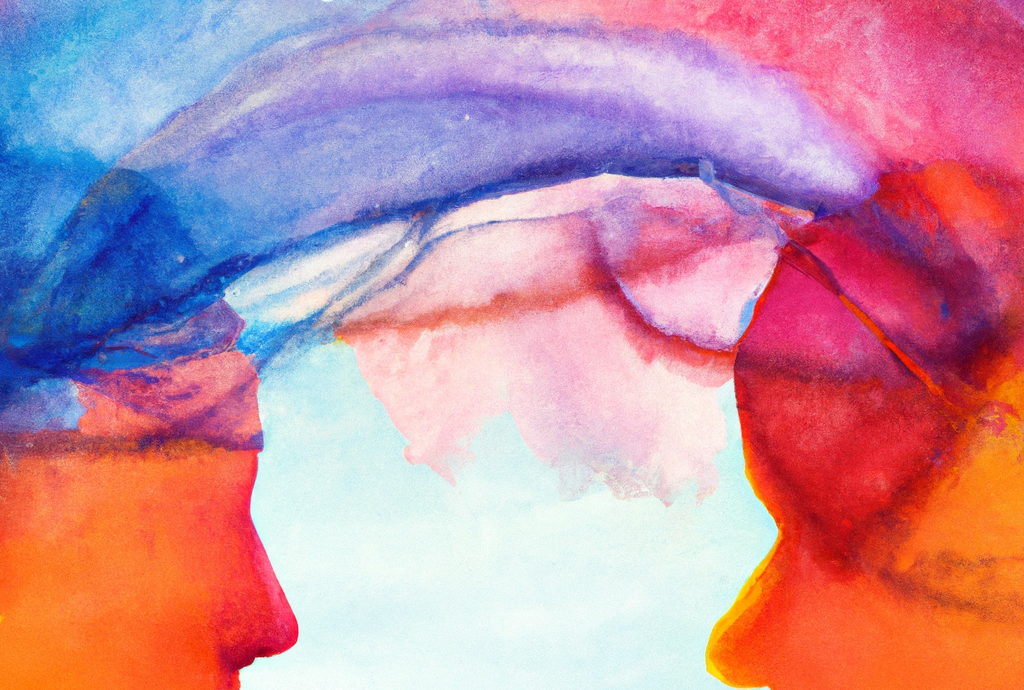
As I lay on my back on the hard, cold snow of the sledding hill on January 21st
my first thought was, “I hope I didn’t break my back.” I had just landed hard after accidentally launching my sled over a snow jump I hadn’t seen in time. As it turned out, I had broken my back, with a burst fracture of the T-12 vertebra, and ended up spending a few, very expensive days in the hospital. While I was fortunate not to need surgery, I left the hospital with a clam-shell style torso brace—from sternum to hip, that I would have to wear for at least 3 months. I have about 5 more weeks to go. I hope.
When I returned home, I had to modify how I did many things, as I couldn’t bend at the waist. I couldn’t even use the toilet normally as the brace created “reach issues.” I won’t go into detail. But, I had to find new ways to do things, from getting out of bed to grocery shopping. And I had to purchase new assistive devices, such as reach extender tools. Even though my physical limitations should be temporary, they have given me a taste of what it is like to have a physical impairment, something that 1 in 7 adults in the U.S. have to deal with. My suffering has given me empathy. Sometimes empathy makes me a better friend, one who can sit alongside the suffering. Sometimes it makes me a better speaker, as I can understand the common pains of an audience. Sometimes it makes me a better leader.
Empathy is one of the 10 attributes of a Servant-Leader examined in the book, Finding Leo. Abolitionist activist Harriet Tubman, the Underground Railroad’s most famous conductor, is the book’s main example of an empathetic leader. As you may recall from history, The Underground Railroad was a clandestine effort organized in the 1800s by African Americans and their allies to help lead the enslaved to freedom.
Harriet Tubman was born into slavery. As a child, she was beaten and whipped by various slaveholders. Her family had been separated because of slavery. In 1849, when she was in her 20s, she escaped and started helping other slaves escape. She had empathy for slaves. She knew their suffering. And she could lead them to freedom.
You may not lead slaves to freedom, but you will have opportunities to lead. You will have opportunities, just as Harriet Tubman did to use your suffering to be empathetic to those you may lead. Being empathetic as a leader has several benefits:
Improved communication, a positive work environment, better decisions, and increased trust, but I’m not going to talk about those benefits.
Instead, I’ll focus on the benefit mentioned in the book: Empathy as a powerful and hidden source of innovation. The author mentions Microsoft CEO Satya Nadella’s personal journey toward empathy and how he was inspired to encourage his employees to embrace it as a source of ideas and innovation.
Nadella’s son Zain suffered from cerebral palsy. He was visually impaired, limited in communication, and confined to a wheelchair. One day 3 high school students heard about Zain and the difficulty he was having in choosing his favorite music. The students developed a sensor that attached to the side of Zain’s wheelchair that allowed him to flip through his music collection with just a tap of his head. Nadella recognized that this breakthrough would not be possible without empathy. Nadella encouraged the employees at Microsoft to begin by reflecting on the needs of people around the world. The results of this exercise in empathy included the development of eye-gaze tracking technology to assist people with ALS, a progressive neurodegenerative disease. This breakthrough came when the Microsoft team spent extensive time with a former NFL player who used a wheelchair.
They did not have to suffer personally to develop empathy to innovate new products. But sometimes, you do have personal struggles that take your empathy to another level. In the midst of suffering, in the midst of tragedy, remember that within the tragedy lies a powerful gift. The gift of empathy. Unwrap the gift, share it, and use it to lead with empathy. What doesn’t kill you makes you kinder . . . and a better leader!



Very true and perhaps it helps to make us less judgmental as ww dint always see or know what another person is experiencing.
I hope you are mending and ever climbing upward!
Sherry
Thanks, Sherry–As I have become less judgmental over time, but can remember how judgmental I was in my idealistic 20s, I even have empathy for young people who are judgmental.
Thank you for such a thoughtful piece. While you don’t have to have the same kind of struggles, I think you do need to know the pain of struggles to understand the depth of pain. For example, someone who has never lost someone really close to them, can send condolences, but they have no way of knowing the depth of that pain. This makes me appreciated all my life struggles because it’s made me a better person.
For some struggles, the only gift is that it gives you empathy for people going through similar struggles!